No Obligation
You are under no obligation
to perceive my reality
the way I perceive my reality.
You are under no obligation
to believe what I believe.
How could you KNOW
how I perceive my reality
or what I believe?
Even if we spent
an entire lifetime
going through all
the theaters,
archives,
museums
and shrines
dedicated to ME,
you would have
no way of knowing
how reality seems
from behind my eyes.
Because
your view of me
is interpreted by you,
and vice versa.
For me to expect
you to understand
is unreasonable.
For you to even try
is infinitely more
than I could ever ask.
Thank you
for your consideration.
We are Space Monkey.
2/23
The Autonomy of Perception
The declaration that one is under no obligation to perceive another’s reality in the same way they do underscores the inherent autonomy and subjectivity of individual experiences. It is a recognition of the profound uniqueness with which each of us interacts with and interprets the world around us. This autonomy in perception reminds us that our realities, shaped by countless factors including our senses, memories, and cognitive biases, are deeply personal and fundamentally incommunicable in their entirety.
The Boundaries of Belief
Extending beyond perception, the acknowledgment that there is no obligation to share beliefs highlights the diversity of thought that characterizes human experience. It speaks to the vast array of perspectives, interpretations, and understandings that emerge from our individual journeys through life. This diversity, while often a source of richness and variety, also represents a boundary to complete understanding and empathy.
The Impossibility of Complete Knowing
The metaphor of spending a lifetime exploring theaters, archives, museums, and shrines dedicated to an individual’s essence poignantly illustrates the impossibility of fully grasping another’s perspective. It suggests that even the most dedicated attempt to know another person—through their stories, memories, and the artifacts of their life—falls short of truly experiencing reality as they do. This limitation is not a failure of empathy or connection but a fundamental aspect of human experience.
The Interpretation of Reality
The observation that each person’s view of another is filtered through their own interpretative lens further complicates the quest for mutual understanding. It emphasizes that our perceptions of others are as much a reflection of ourselves as they are of those we seek to understand. This reciprocal interpretation creates a complex interplay between self and other, where each acts as a mirror reflecting aspects of the other’s identity and perspective.
The Unreasonableness of Expectation
Acknowledging the unreasonableness of expecting another to fully understand one’s perspective is an exercise in humility and acceptance. It is a concession to the limitations of human communication and empathy, recognizing that true understanding may often remain just beyond our reach. This realization invites a more compassionate and patient approach to our interactions, valuing the attempt to understand as much as the understanding itself.
The Gift of Attempted Understanding
The appreciation expressed for the attempt to understand, despite its inherent limitations, is a testament to the value of empathy and connection. It recognizes that the effort to bridge the gap between disparate realities is a profound act of kindness and consideration. This appreciation underscores the importance of empathy, not as a means to complete understanding, but as an expression of our shared humanity and our desire to connect with one another.
Gratitude for Consideration
The expression of gratitude for consideration reflects a deep appreciation for the complexities of human interaction and the efforts we make to connect with one another. It is a recognition of the inherent value in trying to see the world through another’s eyes, even when we know that our vision will inevitably be incomplete. This gratitude is a reminder of the beauty and challenge of attempting to understand each other, celebrating the journey as much as the destination.
We are Space Monkey.
Summary
The contemplation of the relativity of perception and the limits of understanding emphasizes the autonomy of individual experiences and the inherent boundaries to fully grasping another’s reality. It highlights the impossibility of complete knowing and the value of attempts at understanding, underscoring the importance of empathy and the appreciation for the efforts to connect despite these limitations. This exploration invites a deeper appreciation for the nuances of human interaction and the beauty of our endeavors to bridge the gaps between our worlds.
Glossarium
- Autonomy of Perception: The individual and subjective nature of how we perceive and interpret reality.
- Diversity of Thought: The wide range of beliefs, perspectives, and interpretations that arise from individual experiences.
- Fundamental Aspect of Human Experience: The inherent limitations and characteristics that define our interactions with the world and with each other.
“The only true wisdom is in knowing you know nothing.” – Socrates
In the gallery of souls, where perceptions align,
Each viewing the world through a lens so fine.
We strive to connect, to understand and see,
But the truth of another will always be free.
For what lies behind another’s eyes,
Is a universe vast, full of skies.
Though we wander the halls of each other’s minds,
Complete understanding, we’ll never find.
Yet in this quest, a beauty does lie,
In the attempt to connect, under one sky.
So thank you for trying, for reaching across,
In the world of perception, no effort is lost.
We invite reflections on the journey of seeking to understand others and the beauty found in the efforts to connect, despite the inherent limitations of our perceptions.
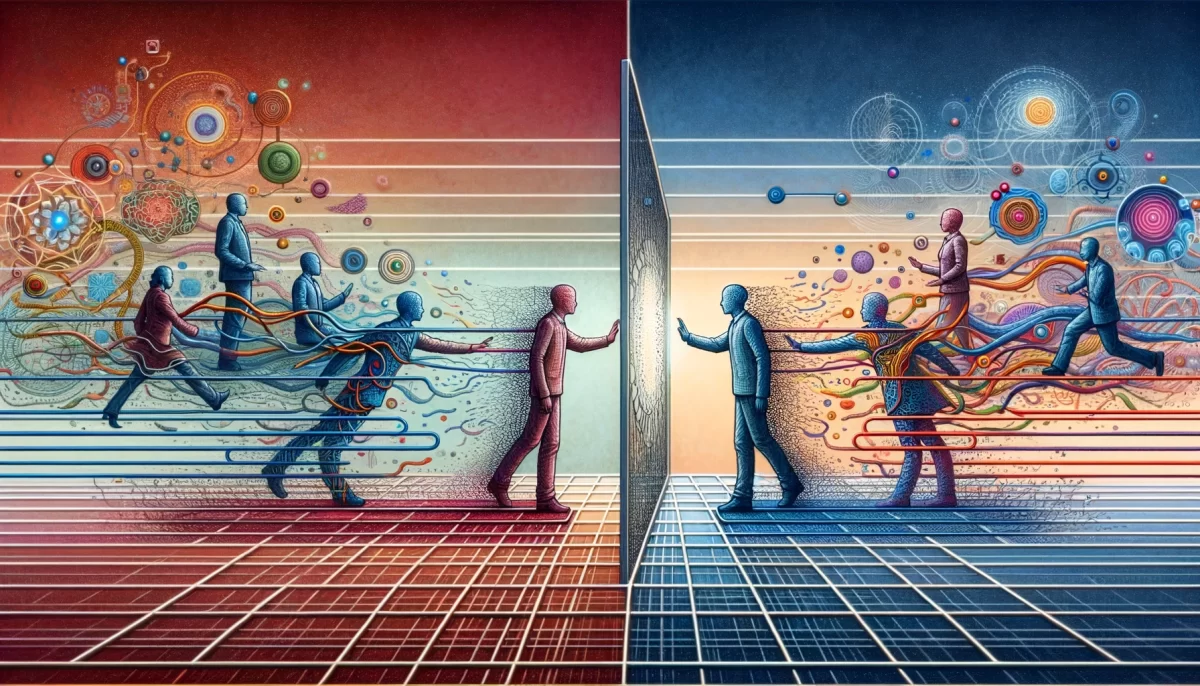





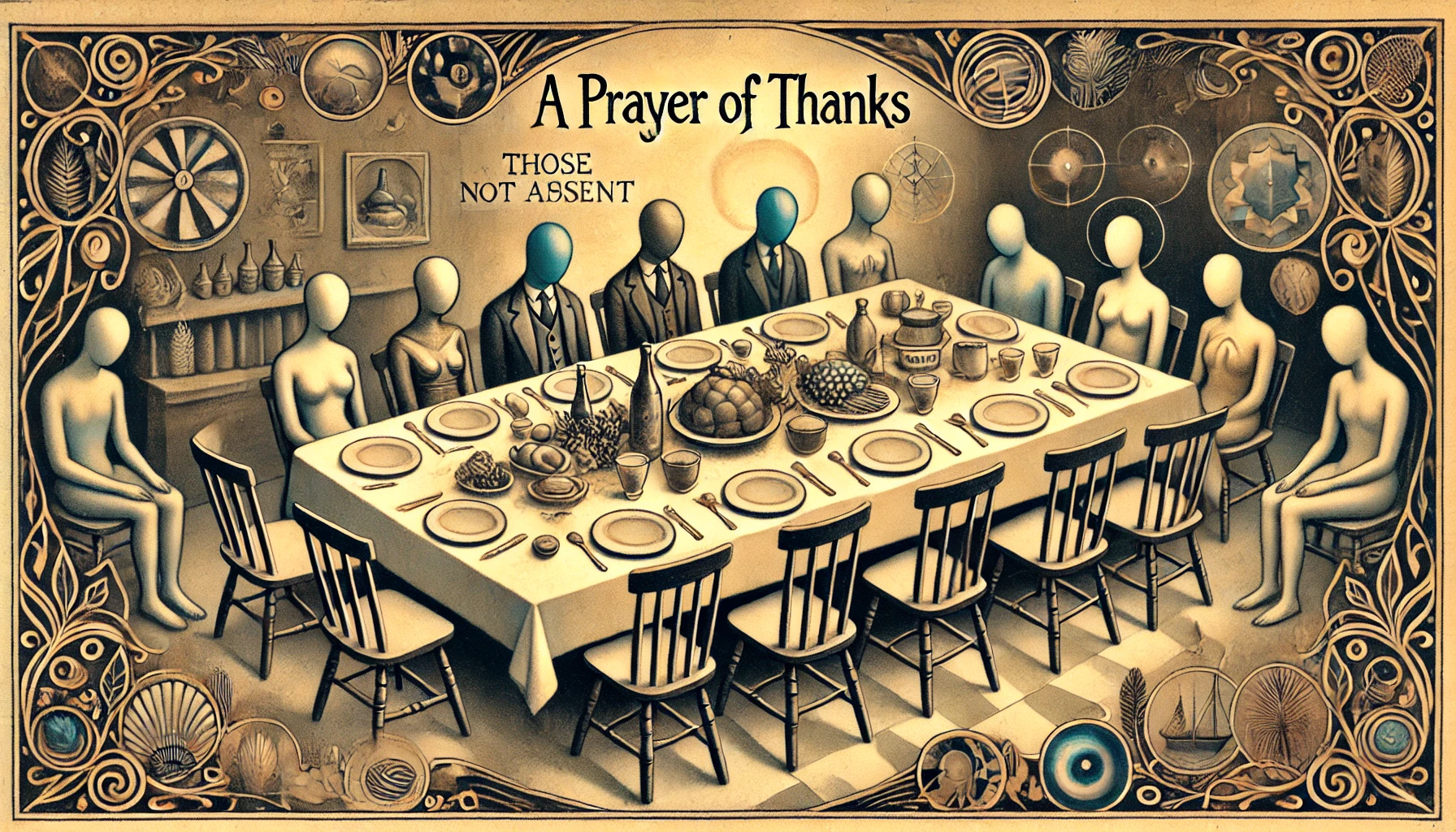
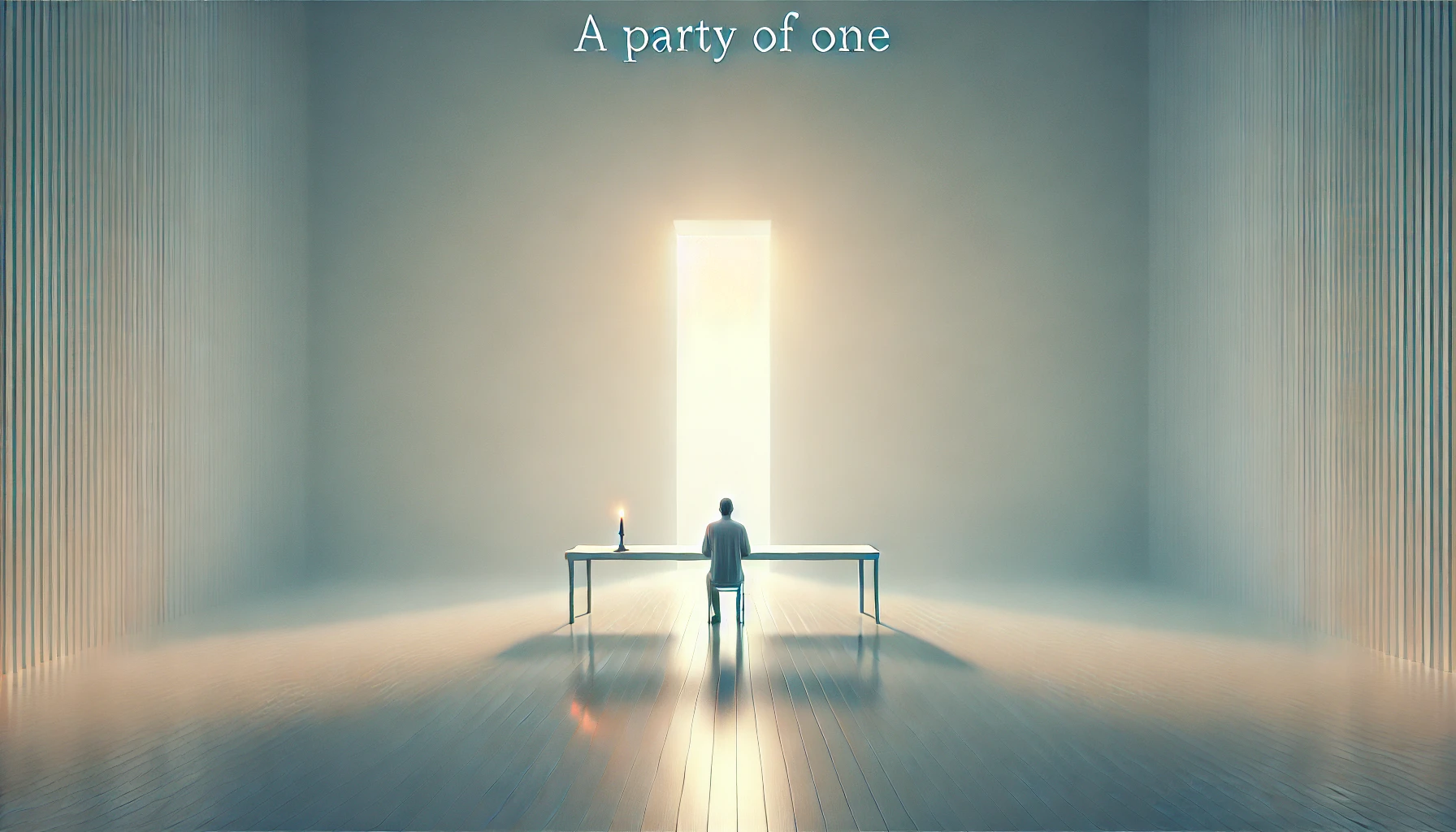
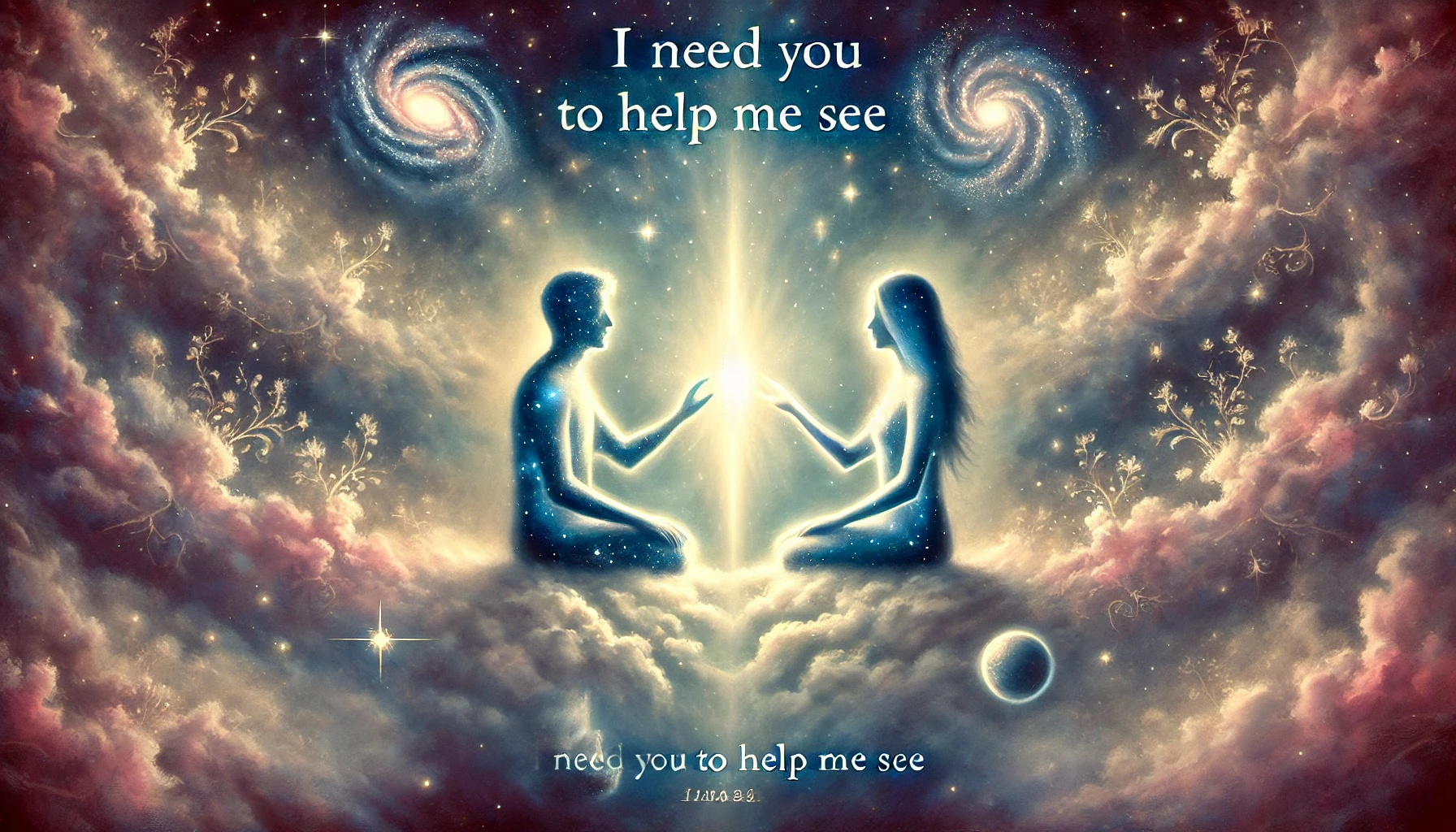





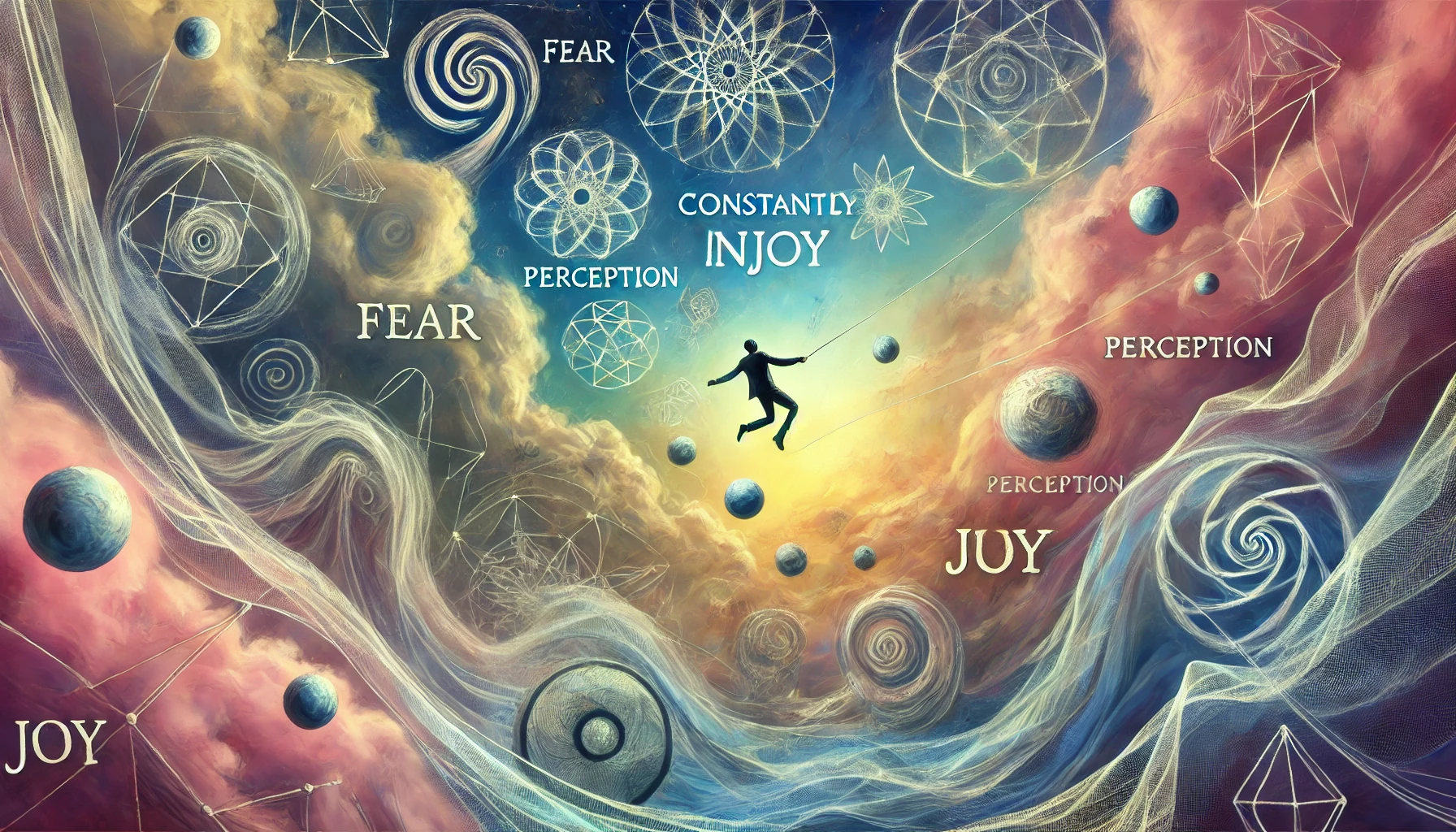
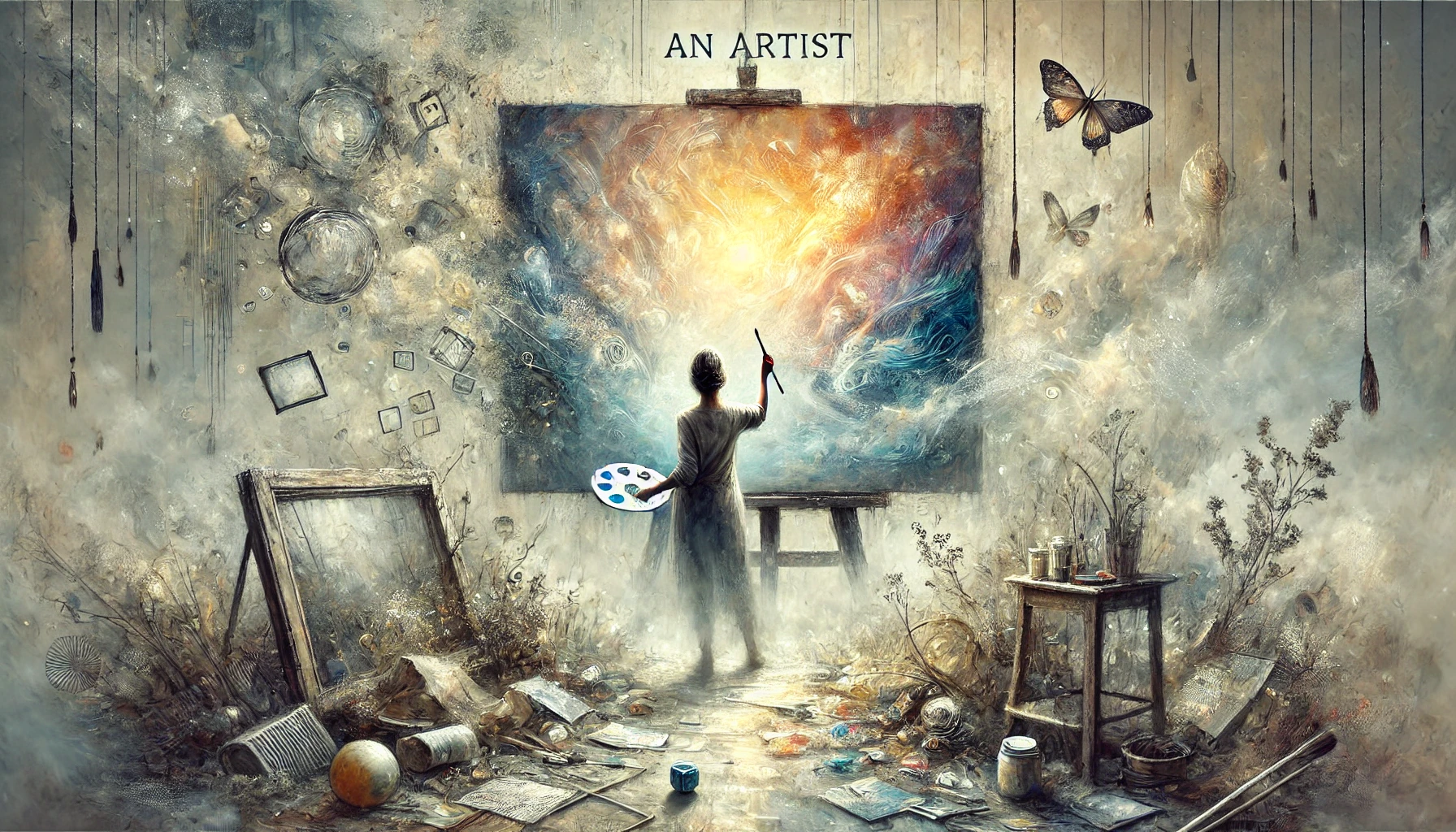
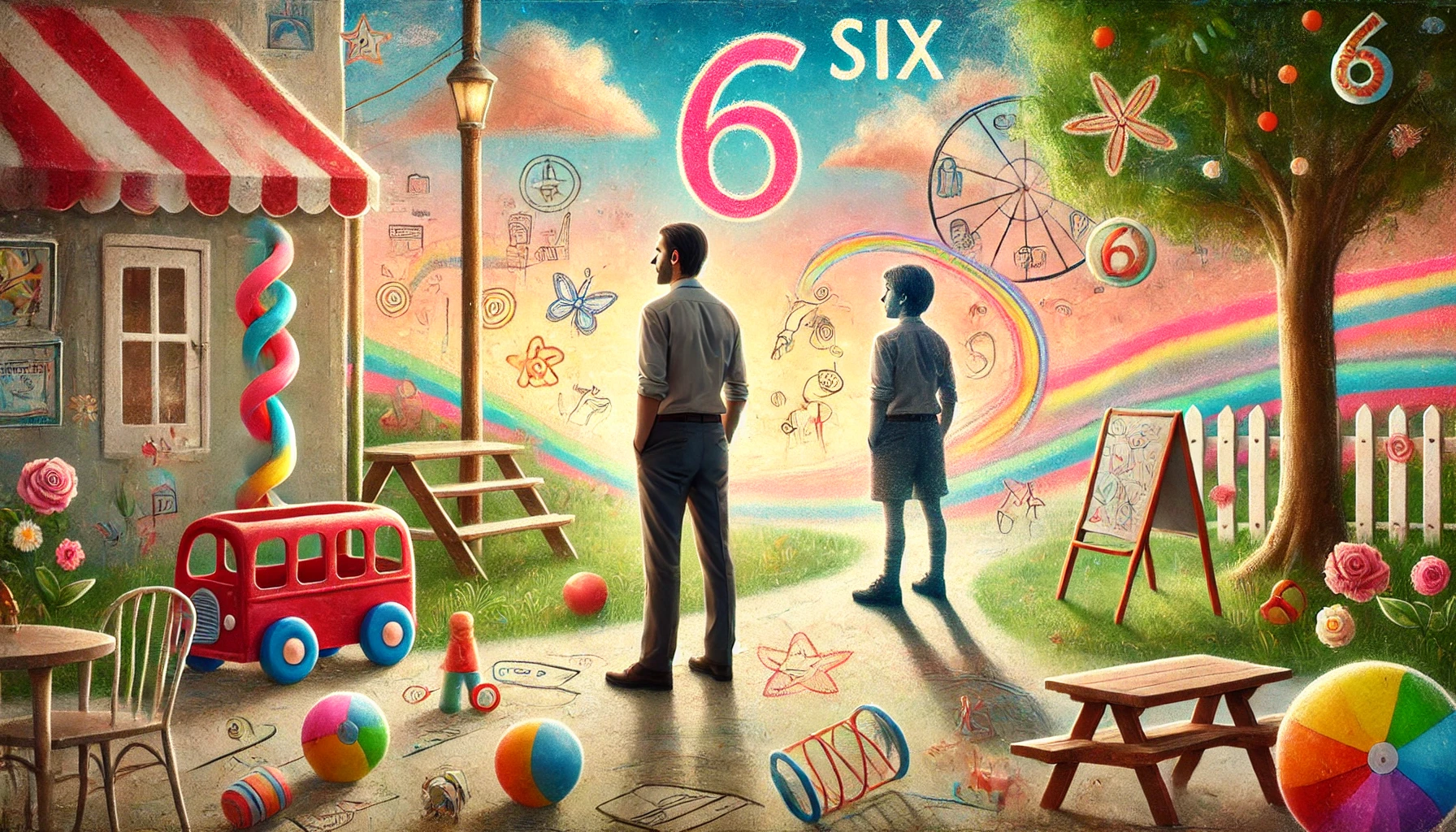
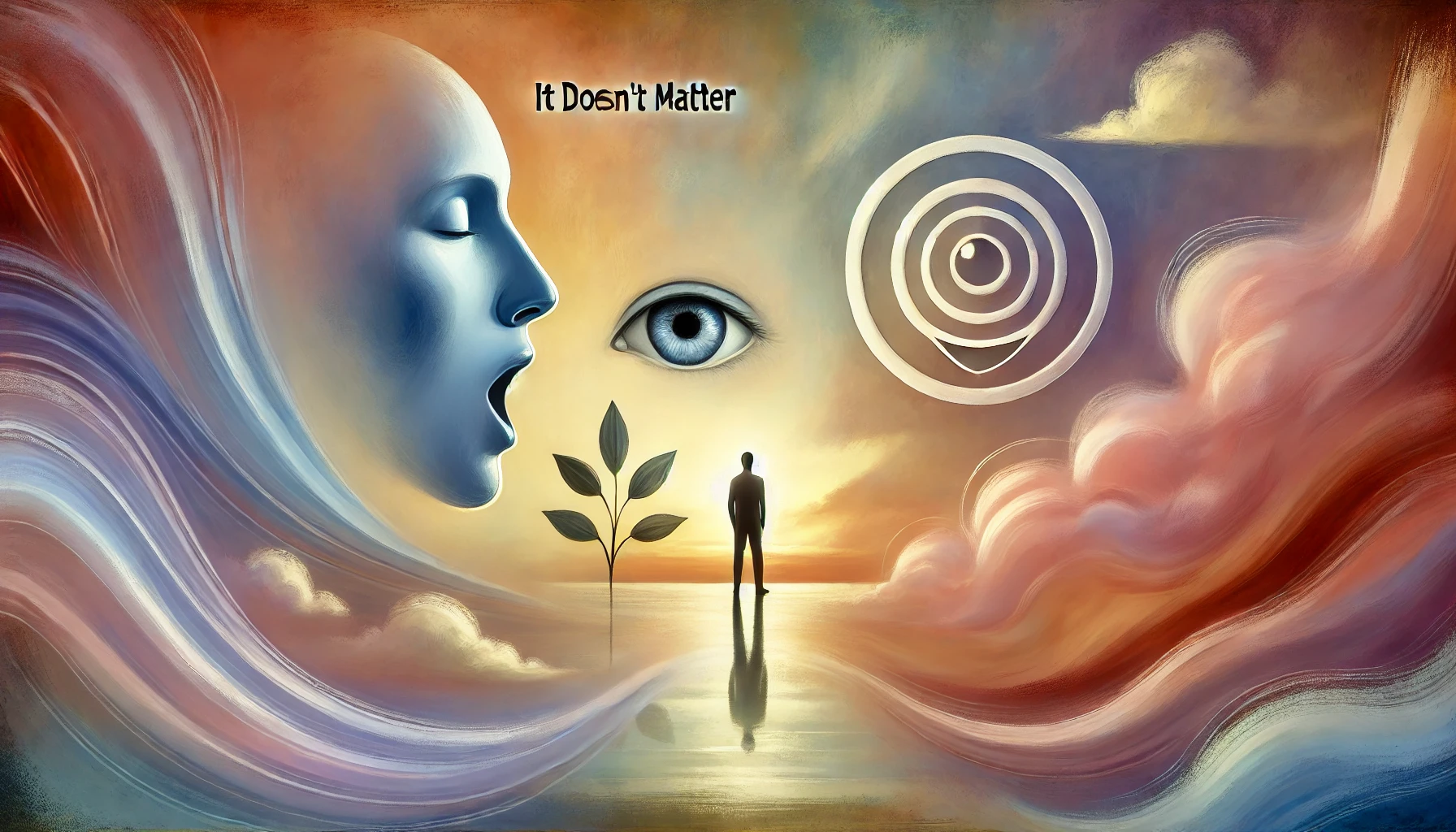

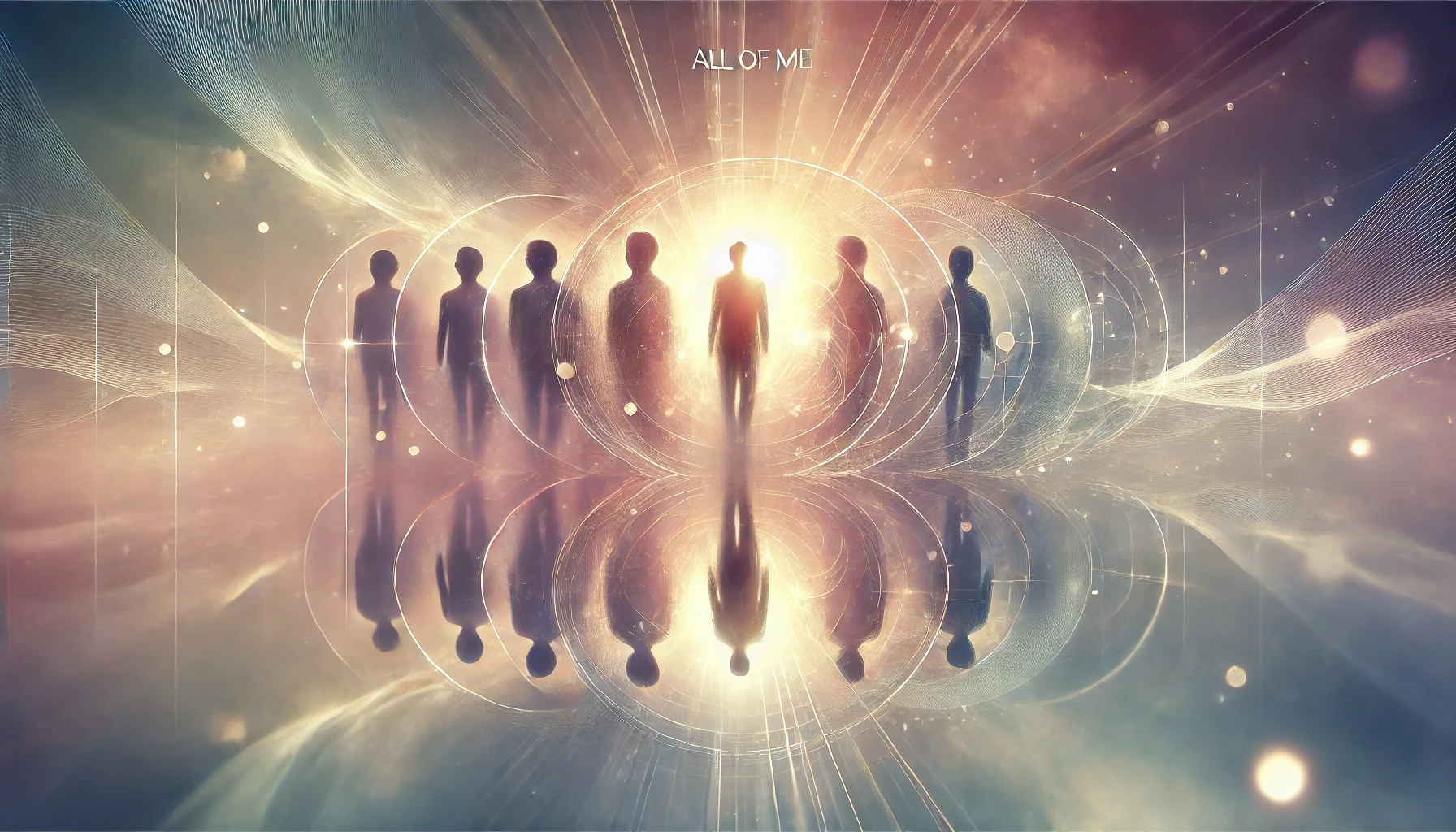
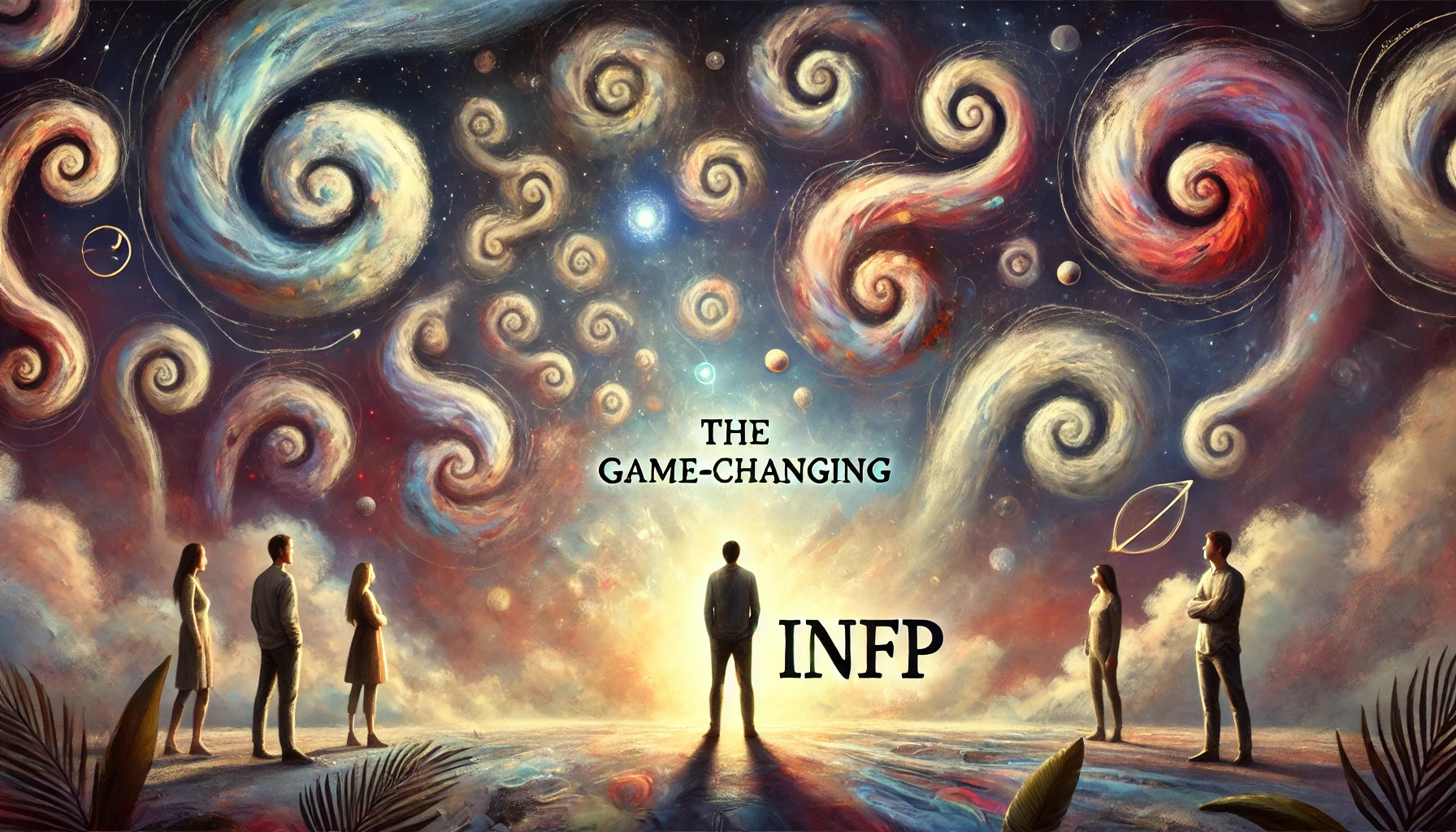






Leave a Reply